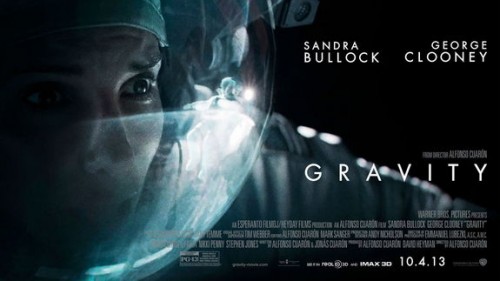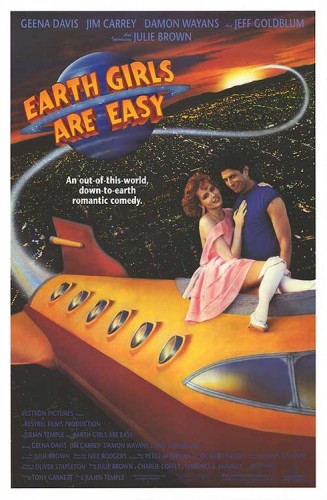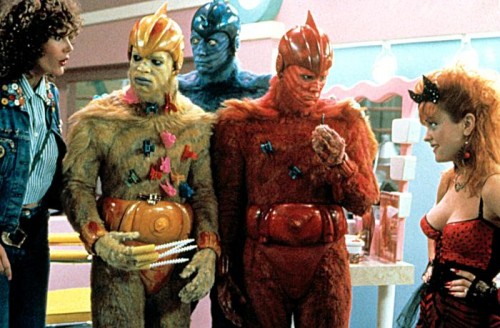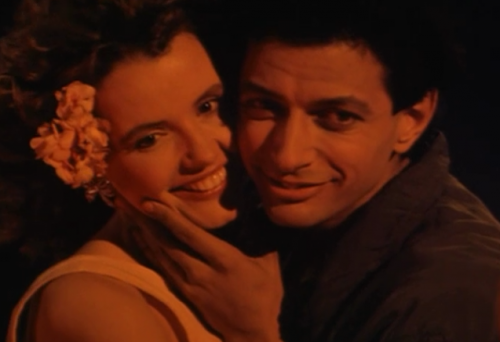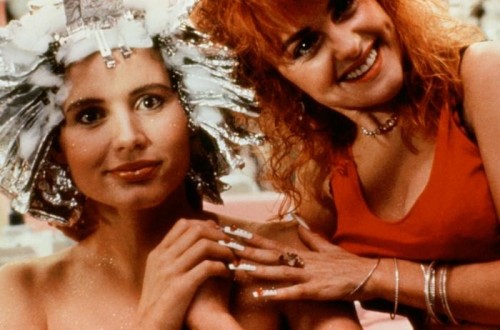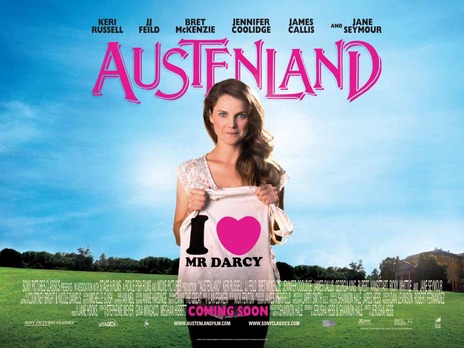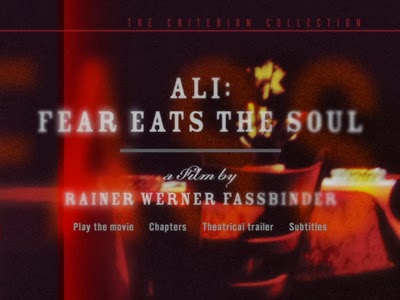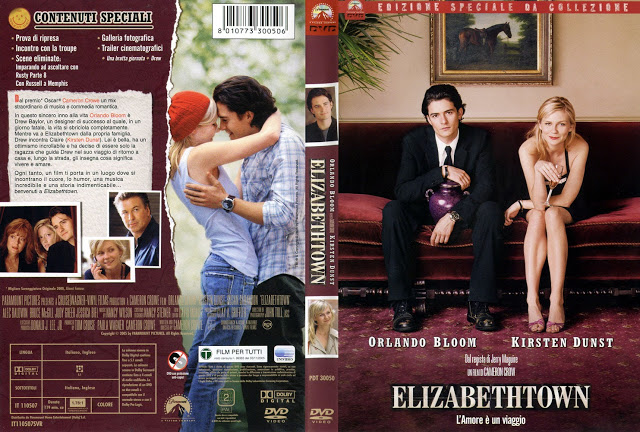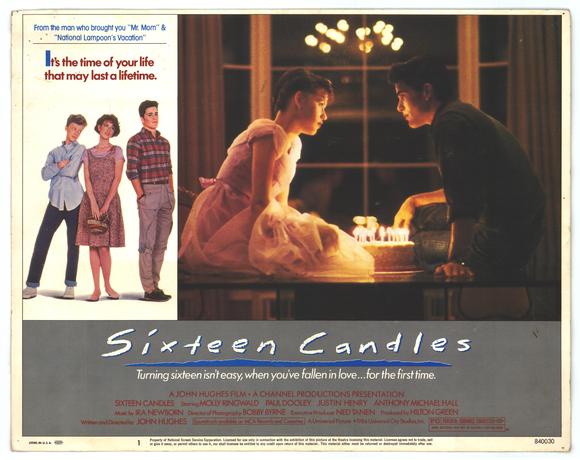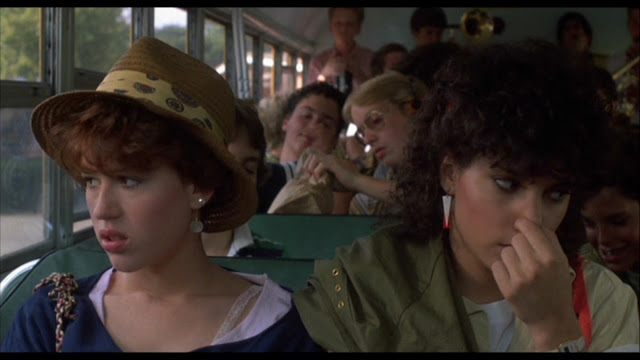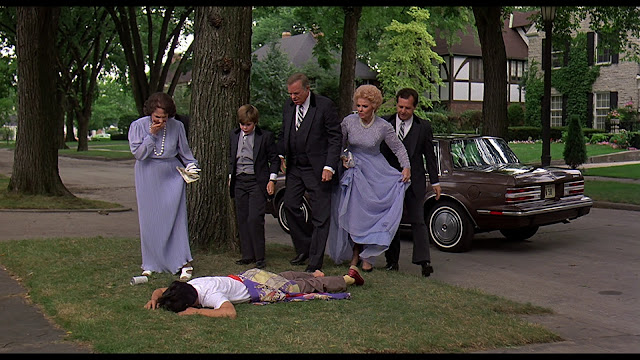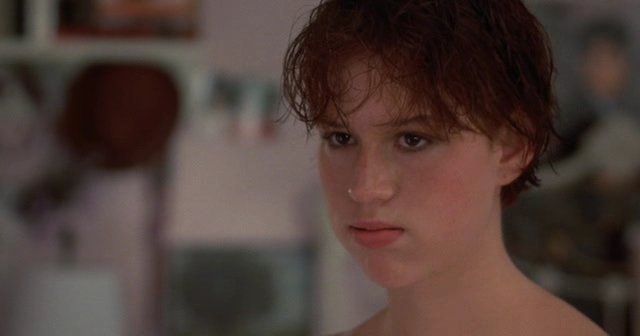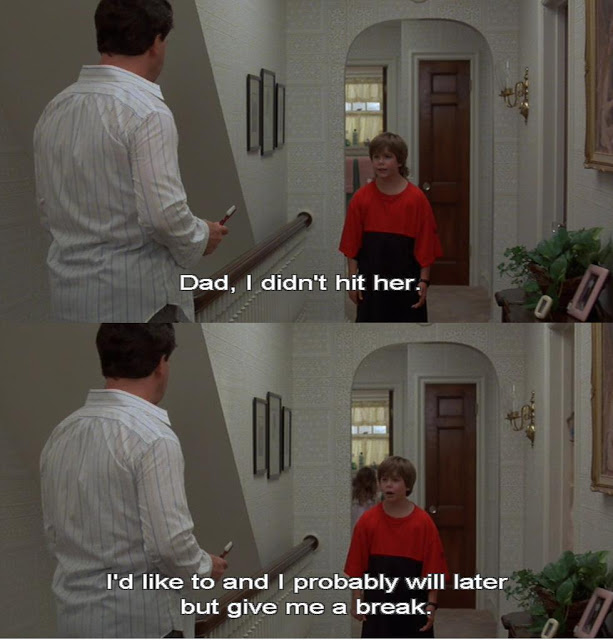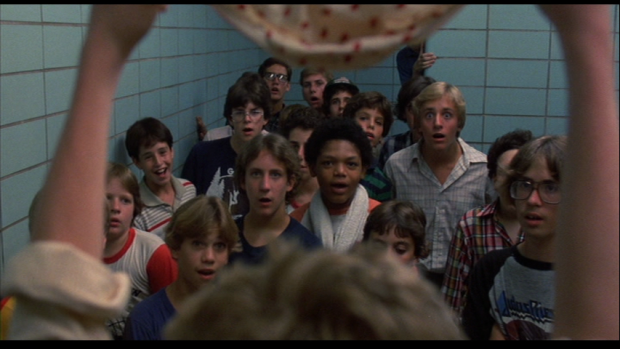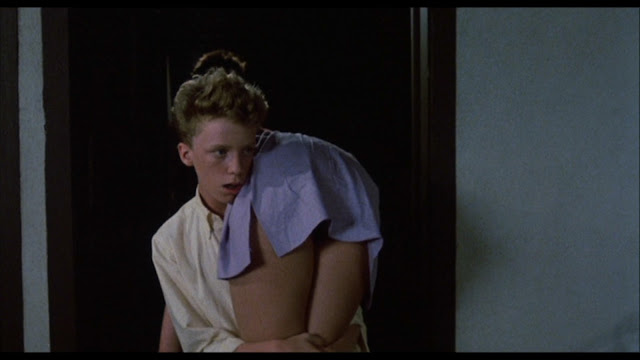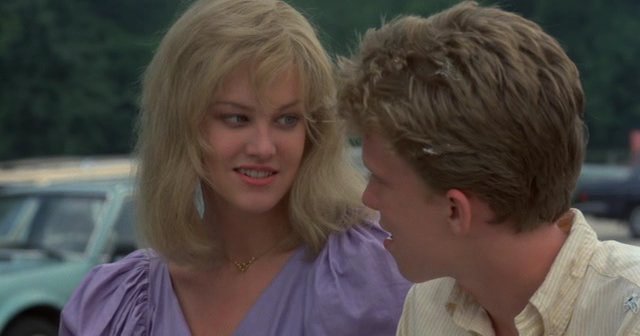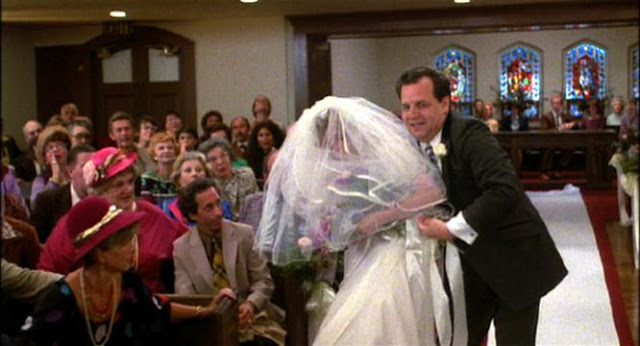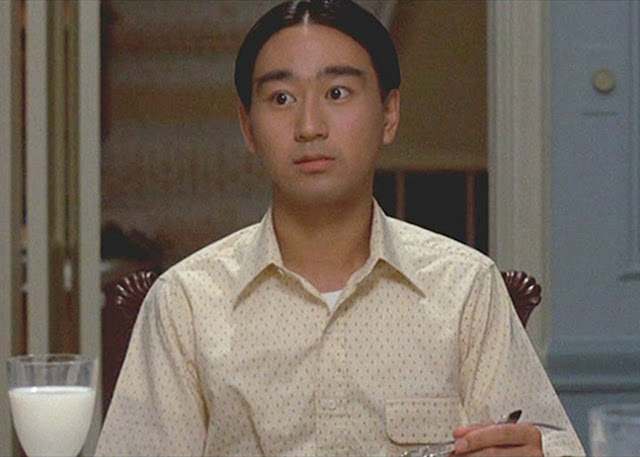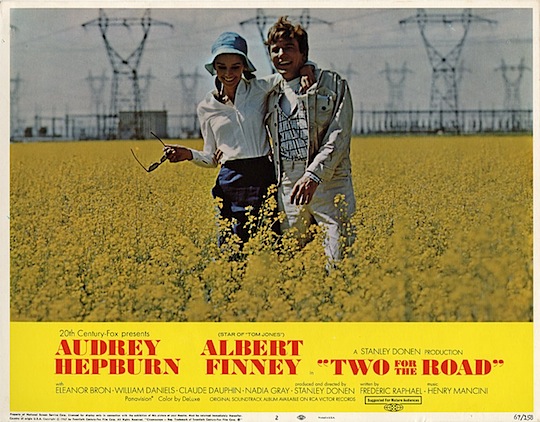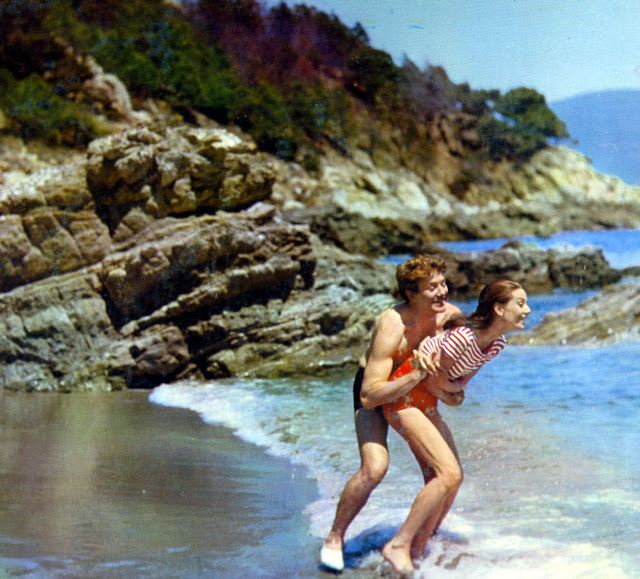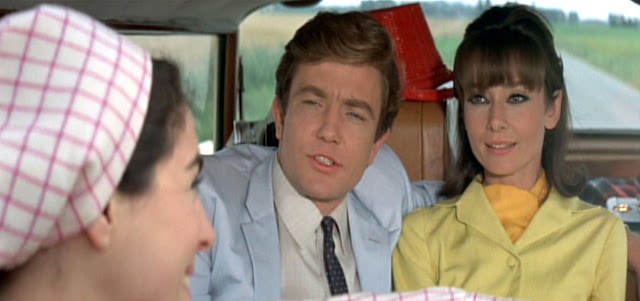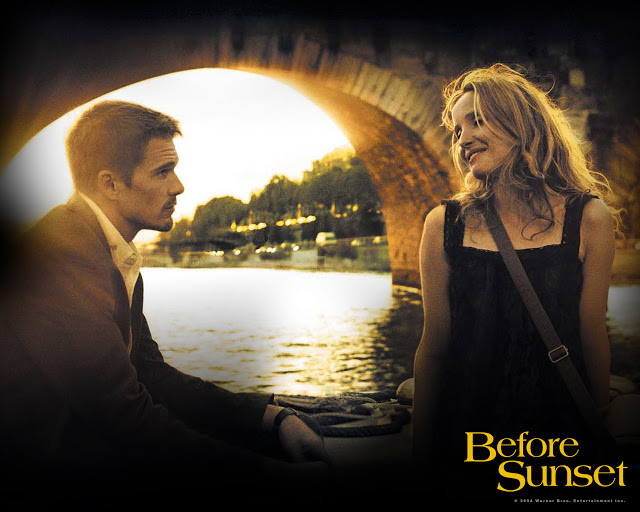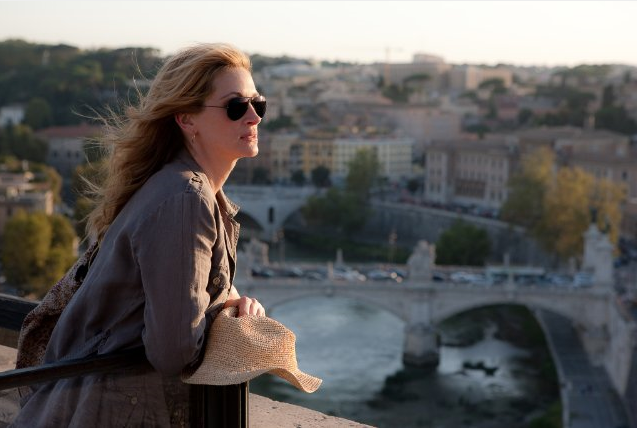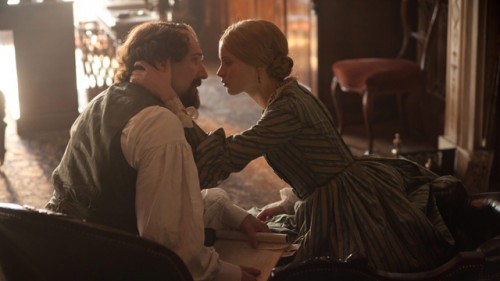
This is a guest post by Atima Omara-Alwala.
The Woman Behind Charles Dickens: A Review of the Film The Invisible Woman
“You men live your lives, while we are left behind. I see no freedom where I stand!” yells protagonist Ellen Ternan at a Dickens’ colleague.
Ternan is the mistress of renowned English novelist Charles Dickens. And that sums up the movie The Invisible Woman. Ternan became the 18-year-old mistress to then 45-year-old Charles Dickens, who was at the height of his fame. Based on the novel of the same name, it accounts their life together, the scandal it caused, as Dickens was still married to his wife. While the film is meant to be focused on this torrid affair between Dickens and Ternan it, by extension, is a telling of the unfortunate status of women in the Victorian era.
English actor Ralph Fiennes, a celebrated actor of his generation (Schindler’s List, Quiz Show, The English Patient, The End of the Affair, to name a few) plays the larger than life Charles Dickens and Felicity Jones plays Ellen Ternan. Invisible Woman is the second film Fiennes directed after Coriolanus.
The Invisible Woman is sumptuous in its costumes and details of the Victorian era, but occasionally lacks in the chain that builds up to the affair. Ternan, whose family of moderately successful actors are good friends of Dickens, finds herself in his company due to a play he is building. You instantly see why Dickens falls for Ternan–she is young, spirited, and passionate about his novels and short stories. Jones’ Ternan does a good job in not overdoing the “fan girl” role, as that can cross over to creepy rather quickly. Her love and understanding of his books touches Fiennes’ Dickens perhaps because his wife doesn’t seem that invested in his work and Ellen is rather young and pretty. One also suspects her adoration soothes his ego. Chats of his works turn to meaningful conversations of life ,which pale in comparison to the awkward stilted and physically passionless relationship that exists between Dickens and his wife, Catherine.
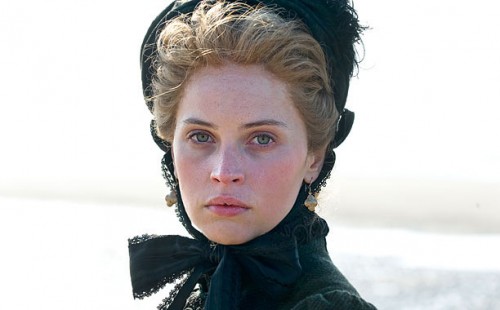
Ternan finds herself at a crossroads in her relationship with Dickens, as her family realizes his adoration of her and her growing affection for him. While she hopes to become an actress, it is made clear to her by the women in her family that she is not good enough to survive in the profession. Since she has not too much formal educational training, any money to inherit, or other marital prospects, the best she can hope for is a relationship with Dickens, who cannot divorce his wife in Victoria era England. But can provide for Ternan. It is not a “choice” that thrills her, especially as she views Dickens’ callousness toward his wife–which includes but is NOT limited to a public letter in the London Times announcing he and his wife (unbeknownst to his wife) have agreed to separate (worse than texting your ex you’re through with them) and forcing his wife to deliver a gift meant for Ternan but accidentally delivered to her so (in Dickens’ mind) the wife can see for herself nothing exists between them.
I personally love Charles Dickens’ writings and thought he was quite the advocate for justice for the poor, but I was stunned at the sheer humiliation he put his wife through. You can imagine Ternan’s thoughts: if he’s that callous to the women who bore TEN of his children, how the hell is he going to treat me?
My biggest complaint was, while I saw a chemistry between Fiennes and Jones, the buildup was not always potent enough for me to think this was supposed to be the renowned passionate affair it apparently was. The timeline was fuzzy at times. Fiennes is outstanding per usual as the larger than life author, and Jones is an ingénue with promise who perhaps reached her limits in playing an older and wiser Ternan after Dickens’ passing, trapped in reflection and struggling to free herself from his ghost. Either way, go see it, if for nothing else to no more about this author and see another outstanding Ralph Fiennes performance.
A Brilliant Woman Hero: A Review of the Film Gravity
If you ever doubted a woman could literally reach for the stars, Sandra Bullock changes your mind in her performance as Dr. Ryan Stone, a brilliant astronaut who becomes a hero in Gravity. The film is directed by Alfonso Cuaron, who also directed A Little Princess (1995), Y Tu Mamá También (2001), and Harry Potter and the Prisoner of Azkaban (2004). Gravity is a 3D movie with George Clooney as Bullock’s co star. Clooney plays fellow astronaut, Matt Kowalsky.
Dr. Stone and Kowalsky, along with others, are in space on a mission when debris from a satellite crashes into their space shuttle Explorer, killing most of their crew. Dr. Stone and Kowalsky (on limited oxygen) must find a way to survive.
Usually movies with such mainstream blockbuster potential are not portrayed at Telluride Film Festival. Telluride opts for more artistic limited release movies. But I suspect Cuaron’s credibility, including casting a woman in the lead over Clooney, made it a Telluride film.
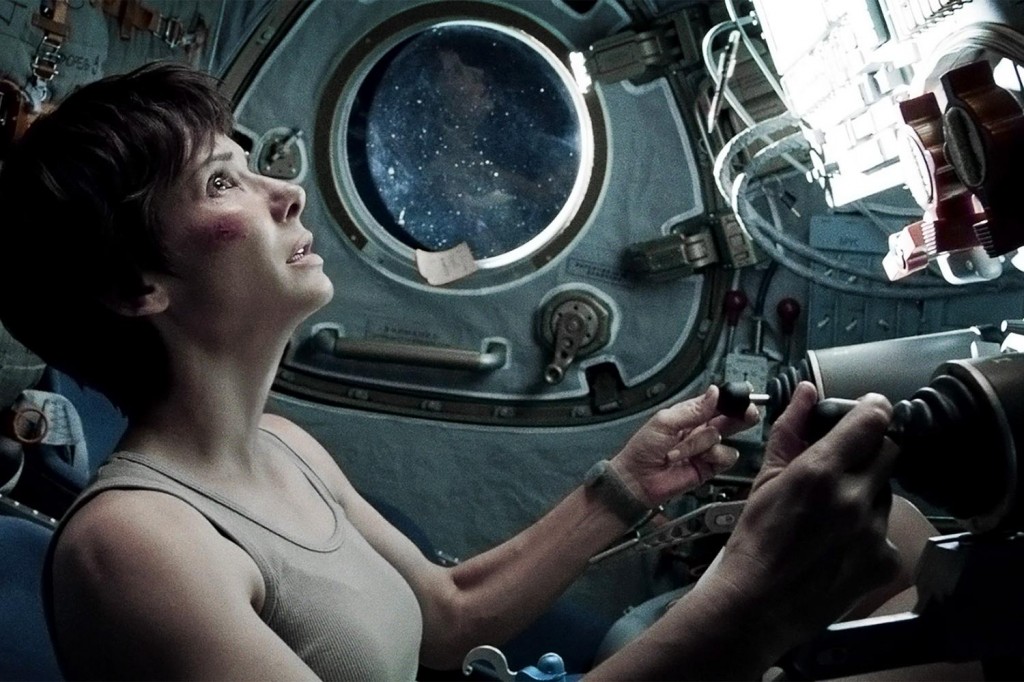
Bullock is wonderfully nuanced in her role as Dr. Ryan Stone and I can see why reviews coming back from Venice International Film Festival have her touted for another Oscar nomination. Cuaron portrays a complex, brilliant astronaut with a sad past who is driven by her work. With her male colleagues (particularly Clooney’s Kowalsky, whom she interacts the most with), she confidently holds her own in what she does. When the space shuttle is hit, and Dr. Stone–a less experienced astronaut–is sent flying into space in a breathtaking 3D moment, she is rightfully panicked. I worried she might become the damsel in distress that Kowalsky rescues, but Bullock does not take you into unnecessary hysterics. If anything, the 3D movie makes the audience more empathetic to how scary the reality of flying untethered into space is. The rest of the movie is an exercise in her using her mental and physical reserves to brainstorm her way out of hairy situations, while the debris still in orbit rotates back around every so often to threaten her survival. I found myself mentally cheering her on as I think all viewers–especially women–will to the end.
See also: Does Gravity Live Up to the Hype? and Gravity and the Impact of Its Unique Female Hero
Atima Omara-Alwala is a political strategist and activist of 10 years who has served as staff on eight federal and local political campaigns and other progressive causes. Atima’s work has had a particular focus on women’s political empowerment and leadership, reproductive justice, health care, communities of color and how gender and race is reflected in pop culture. Her writings on the topics have also been featured at Ms. Magazine, Women’s Enews, and RH Reality Check.
